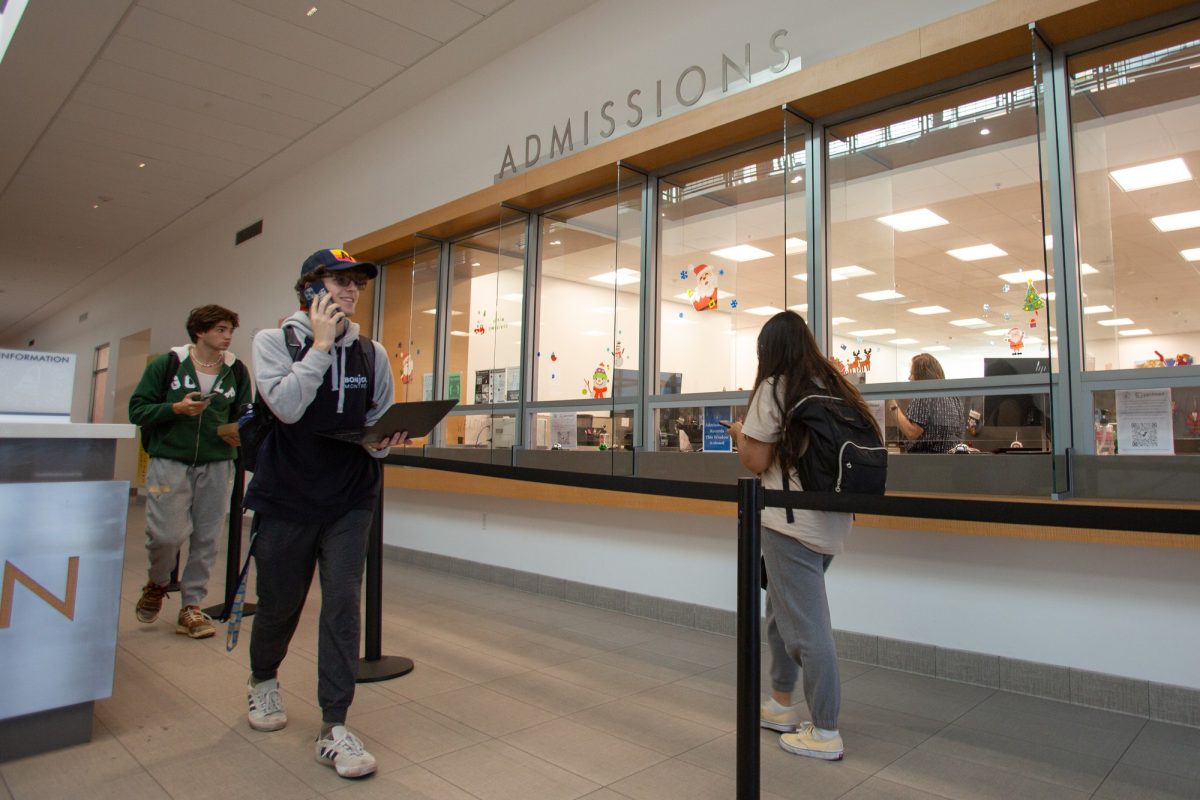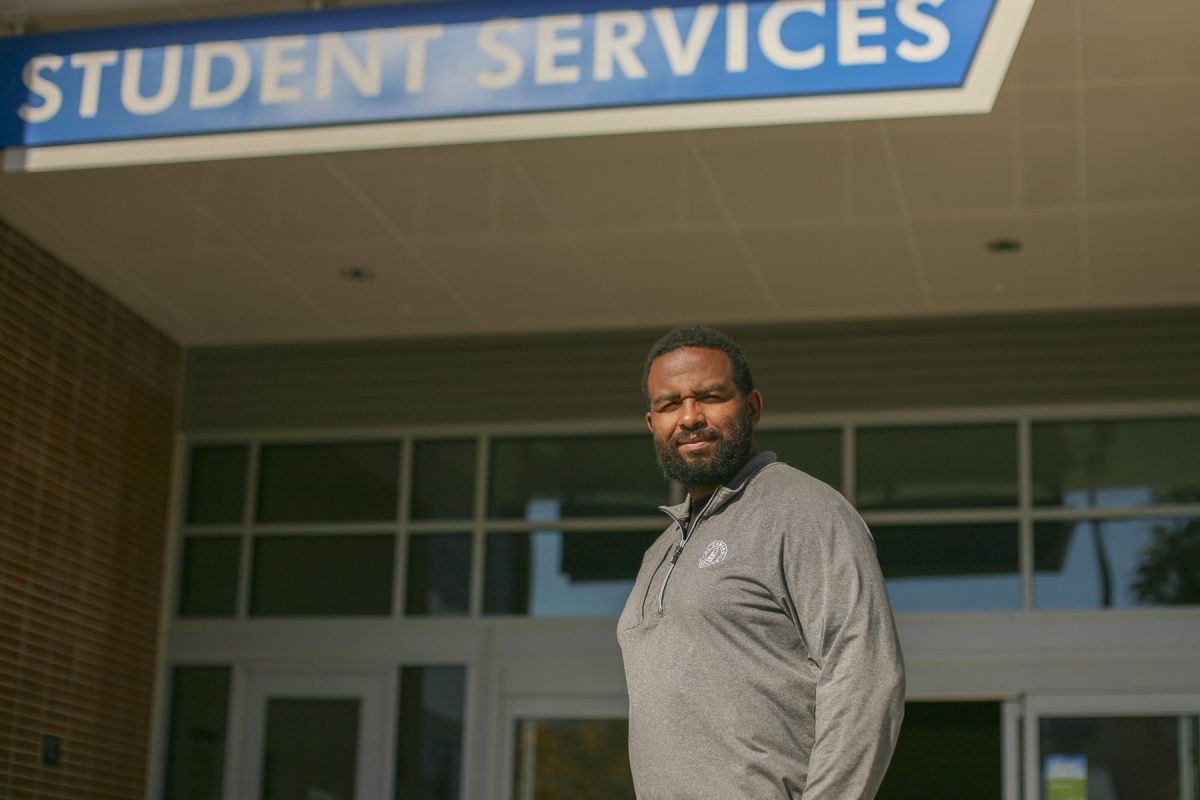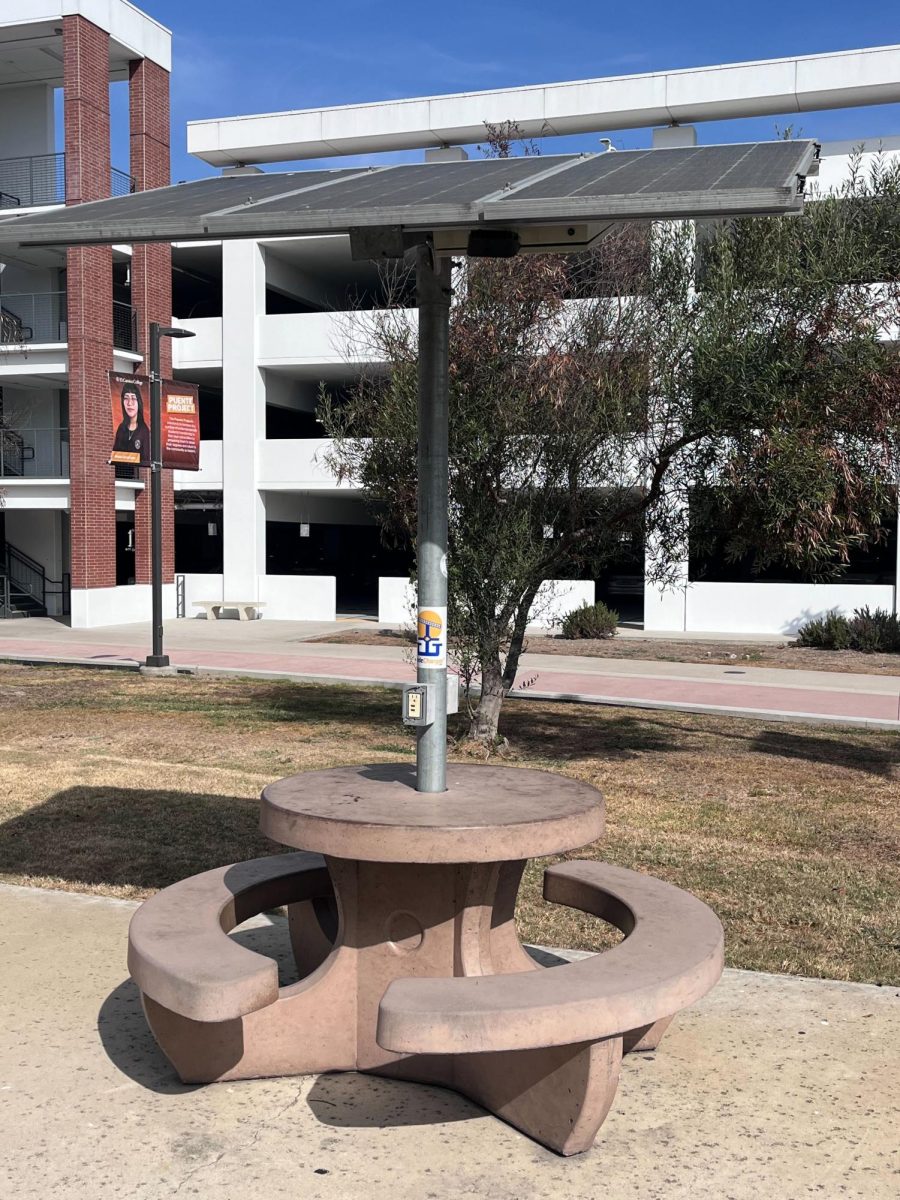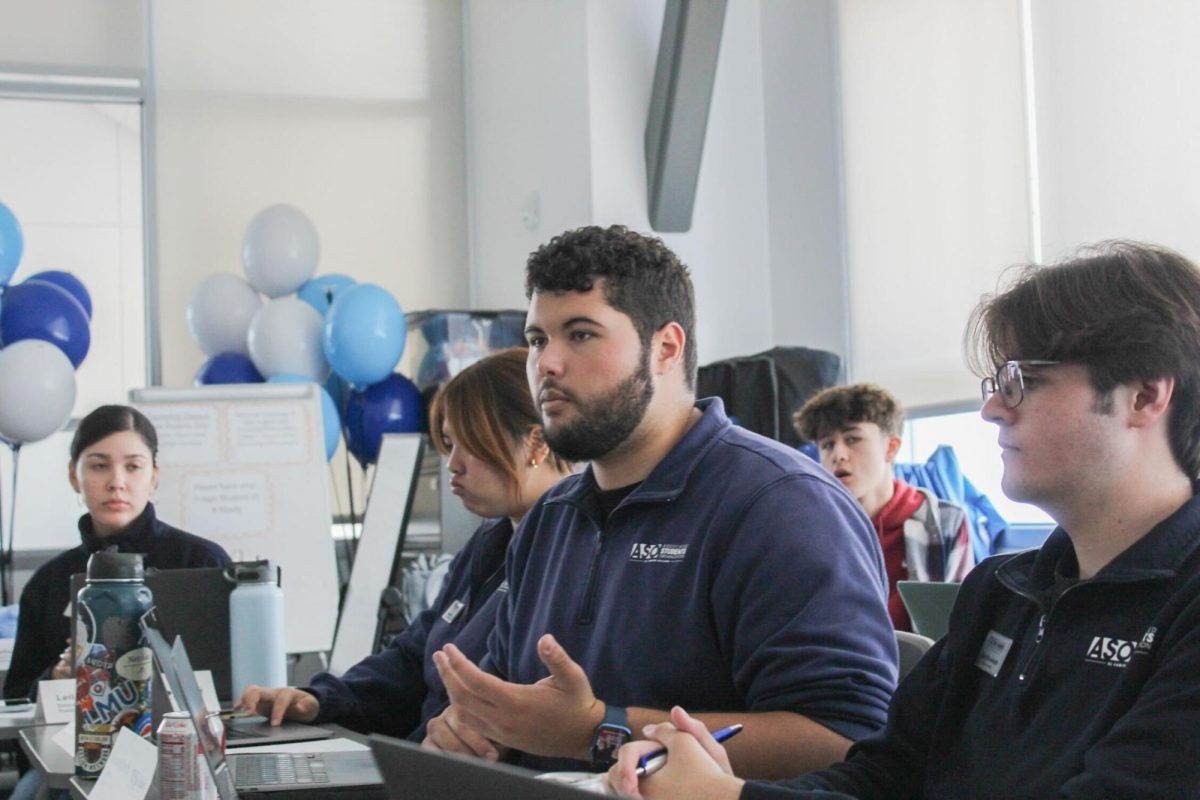The amount of state funding El Camino College receives could decrease in the next few years due to the drop in full-time student enrollment.
According to the California Community Colleges Chancellor’s Office, El Camino was granted funding according to how many full-time equivalent students (FTES) were enrolled before the COVID-19 pandemic.
El Camino Business Manager Jeffrey Hinshaw said the state initially gave funding to the college “based on this figure frozen in time” before the pandemic as part of a hold-harmless provision that was added to the Student-Centered Funding Formula.
“For us, it’s about 18,944 [FTES] and the state is guaranteeing that they’ll give us that funding based on that [figure],” Hinshaw said. “That’s helped us out a lot.”
The provision period could end at the beginning of the 2025-2026 fiscal year, then state funding will be given to El Camino based on how many FTES the college currently has.
“They’re going to freeze us,” Hinshaw said. “So whatever funding level we get we’re no longer going to get cost-of-living adjustments added on top of it if our enrollment has not sufficiently recovered.”
Hinshaw is a support staff member of the Planning and Budgeting Committee who consulted and evaluated the tentative budget for the 2023-2024 fiscal year which is to be approved at a future Board of Trustees meeting in June.
Vice President of Administrative Services Robert Suppelsa explained the progression toward creating a speculative budget over Zoom during a committee meeting on Thursday, May 18.
“We are moving fast right now to develop the current budget,” Supplesa said.
As the pandemic affected El Camino, multiple rounds of federal and state relief funds would be given through the CARES Act Higher Education Emergency Relief Fund.
Suppelsa said FTES “dropped dramatically in every institution” as a result of the pandemic and mentioned El Camino used to have 19,642 FTES which dropped to about 13,800.
In a Legislative Analyst’s Office 2023-2024 budget publication report, the enrollment section shows full-time enrollment in California community colleges plateaued a few years before the pandemic and started to decline since.
Vice President of Finance and Special Projects of the Academic Senate Joshua Troesh said during the meeting the college has been “on a decade-long downward trend of enrollment” since 2014.
All of this is one-factor Suppelsa said “plays into the funding El Camino receives today” along with the cost-of-living adjustments the college receives and how tentative budgets are planned.
Hinshaw has been working on calculating the level of funding protection for El Camino to see what the amount would be given based on students the college has enrolled compared to pre-pandemic enrollment values.
“It’s quite a few million [dollars],” Hinshaw said. “It would be a significant impact to us in terms of the services we are able to provide to the students and community if we were to lose that revenue.”
When The Union spoke with Hinshaw, he was working on the tentative budget for the next fiscal year by applying revenue estimations based on FTES while waiting for official numbers from the state.
Hinshaw said after those numbers are published he is confident his estimates will be fairly accurate since “El Camino has had a history” of building accurate revenue estimates.
“That’s enough for us to take to the board in June and have a well-crafted tentative budget,” Hinshaw said. “We can start our business right away on July 1, pay bills, pay payroll, take care of everything we need to do.”















